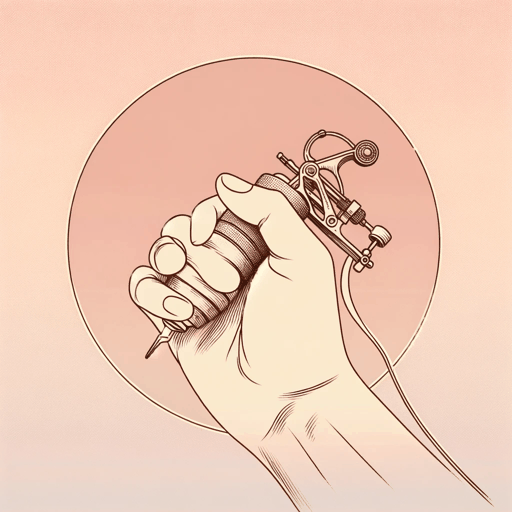105 pages • 3 hours read
Heather MorrisThe Tattooist of Auschwitz
Fiction | Novel | Adult | Published in 2018A modern alternative to SparkNotes and CliffsNotes, SuperSummary offers high-quality Study Guides with detailed chapter summaries and analysis of major themes, characters, and more. For select classroom titles, we also provide Teaching Guides with discussion and quiz questions to prompt student engagement.
Discussion/Analysis Prompt
Prisoners in Auschwitz are frequently forced to have their heads shaved, keeping only a bare minimum of stubble. This is done partly to dehumanize prisoners: How a person wears their hair is an expression of their personality, and keeping the prisoners bald serves to standardize their appearance. In the novel, this has an especially negative impact on the female prisoners.
Consider how hair might function as a symbol and/or motif throughout The Tattooist of Auschwitz. Which characters bemoan the loss of their hair? How is hair seen as an object of value, both to the prisoners and to the SS officers? Identify details in the text, but also feel free to raise ideas and examples from outside sources about the symbolic meaning of hair.
Teaching Suggestion: Two of the main female characters—Gita and Cilka—both discuss the impact of their hair (and its loss) at length. Hair, it can be argued, serves as a symbol of Trauma, as it represents a loss of humanity for the prisoners. For female prisoners, it ties into the special price they must pay as the Cost of Survival. You may opt to show students Exhibits from the Memorial and Museum of Auschwitz-Birkenau, several of which showcase the way human hair was collected and used by Nazi forces.


